The poet Tommy Pico has a particular cadence to his voice, a youthful friendliness that can round a corner in an instant. He reminds me of the bell hooks quote, "Small talk makes me feel the way I do when a mosquito is buzzing around my head--irritated--and then finally unable to get any relief I just slaughter the damn thing. I slaughter the moment by saying something real." This slaughter of the damn thing seems to be how Pico approaches his work, entire book-length poems that snarl at the limits of genre.
Related | Queer Podcast Food 4 Thot is 'Like NPR, on Poppers'
His latest book Nature Poem is out this May, just 8 months after his debut IRL, and he's already sold the manuscript for his third, Junk. In Nature Poem he lashes against nature, self-abases by calling himself a "weirdo NDN faggot" before writing, "I get so disappointed by stupid NDNs writing their dumb nature poems like grow up faggots" but only after confessing, "What if I really do feel connected to the land?"

Cover Art: Cat Glennon
Pico writes about the improbability of persisting, particularly after ancestral traumas including surviving genocide, racist legislation, drought and drug infestation. "Yesterday I overheard that Brooklyn means 'Broken Land,'" he writes. The word "city" appears ten times in the poem. His resistance to writing a nature poem seems akin to his resistance in answering the guy at the gay bar who asks, "WHAT'S YOUR NATIONALITY!?!?" His nature poem murmurs under the surface of capital letters, interrogates the face you see when you close your eyes.
OUTspent the afternoon with Pico at a cafe on the edge of Prospect Park in Brooklyn to talk about his latest work, creating your own role models and why Rihanna keeps shooting men in her videos.
OUT: You write early in Nature Poem, "I can't write a nature poem bc it's fodder for the noble savage narrative." Instead of proceeding to write one, you gesture to the depths of what writing about nature from your perspective would mean. Can you talk about this distinction?
Tommy Pico:I guess it was a kind of a bratty impulse. I didn't know how else to write it, because I had written it in the spirit of frustration and anger.
My best friend, she's a black woman, she's like, "I can't eat watermelon and fried chicken in front of white people." I don't feel, as an indigenous American, like I could ever write about nature. That just seems so stereotypical to me. Those poems have already been written, and I wouldn't want to write to anybody's stereotype.
Using the mode of writing about a nature poem rather than writing a nature poem was, at least, a cute exercise. I was able to filter the entire world through that premise.
What sensory memories do you recall most vividly from growing up on the Viejas Reservation?
I remember a lot of smells, mildew smells in a bathroom. I remember a smell of marijuana [Laughs]. I remember the smell of my grandmother's kitchen.
The valley, the place where I come from, is so dry. The way I'm going to describe it would make it sound synesthetic, but the texture of the air had a smell. My mother is actually a synesthete. I don't identify as one, but I could see how one could get their senses cross-wired, especially filtered through memory.
When did you realize writing was necessary for you?
I don't think I remember not writing. Even before I knew how to spell, even before I learned letters, I had a tape recorder and I had my own radio show. I would record myself. Even that was a primitive form of writing, because I would script these shows and I would interview my parents on them. [Laughs] It was mad dumb, but it was cool.
[Writing] became necessary at different parts of my life. Having to format the world as a teenager, as a queer teenager, as a teenager from an Indian reservation. I went to school with a bunch of white people, so I was surrounded by that. It became a way for me to express my supreme discomfort in the situations that I was continually being thrown in.
Distance from water and the type of water available are essential parts of settlement and survival. In Nature Poem you write, "I am missing many cousins, have you seen them?" Did you see the resistance against the Dakota Access Pipeline as a way to mitigate further loss?
That pipeline is going to go through, unfortunately, and I'll continue to miss cousins.
What I was specifically writing about in that passage was the San Diego Flume, which was a project designed to get water from the foothills of San Diego County into downtown. They essentially stole all of our water and flooded our agricultural areas, so we had to move. They constructed that before they asked, "Is it okay?"
That's how I knew the Dakota Access Pipeline was going to go through, because they're not going to wait for legislation. They're going to do it and then afterwards maybe pay a fine, but probably not. That's why the resistance to it, the only way that could've been effective, was to bankrupt it. There's no incentive for justice in capitalism, just capital. I saw that as a specific avenue of resistance, it just didn't happen in time.
Who are some of your role models?
I definitely look up to people, but role models? I find so much inspiration from my friends, my family, my ancestors, and people who are survivors [more] than I do on any one particular cultural icon. Having embodied role models can be dangerous; it can build a complicated alliance.
I have a Frankenstein role model--I picked some of Sherman Alexie, Alexander Chee, Pamela Sneed, Ariana Reines, Amy Winehouse, Kandi Burruss from Real Housewives of Atlanta. [My] role models are proliferate and made up of many different components.
In the book you write, "Everyone wants to know where can they meet a good guy then wants to go to a gay bar on Saturday night." How do you see these intentions as oppositional?
[Laughs] Meet a good guy? That's just a fallacy. You're also not going to meet him at the bar on a Saturday, that's just an exercise in frustration. You should be the good guy.
You also write, "Let's say I literally hate all men bc literally men are animals" and "I don't like boys, men, or guys." How do you balance these feelings with your relationships with men?
Listen. There's a reason why Rihanna keeps shooting men in her videos, and it's because it is exasperating to be attracted to something you know you're so much better than.
All the instances where gays are addressed in the book are taking to task micro-aggressions or appropriations like a "white gay saying, 'GO OFF.'" What are ways the queer community could provide healing for these ruptures?
I'm not sure. Just don't be a dick. I'm continually surprised [by] the ways in which there doesn't seem to be an honest thinking through of intention. Culture is totally dynamic. A white gay saying "go off" cause they hear somebody say that, that's how culture works. That's how pidgins and creoles are developed, that's how religion and art spreads. Influence is real.
When it becomes frustrating is when it becomes illustrative of a power relationship, an underlying power relationship like, "I'm going to take the aspects of your culture that I want, but your literal body still means nothing to me. Your struggle still means nothing to me. I'm not showing up for your rally, I'm not showing up for your cause." That's appropriation, that's theft, that's wrong.
The tragedy isn't that somebody is using another's aphorism; what else is going on besides that? If you can't see the structure, you can't use the word.
Purchase Nature Poem, here.
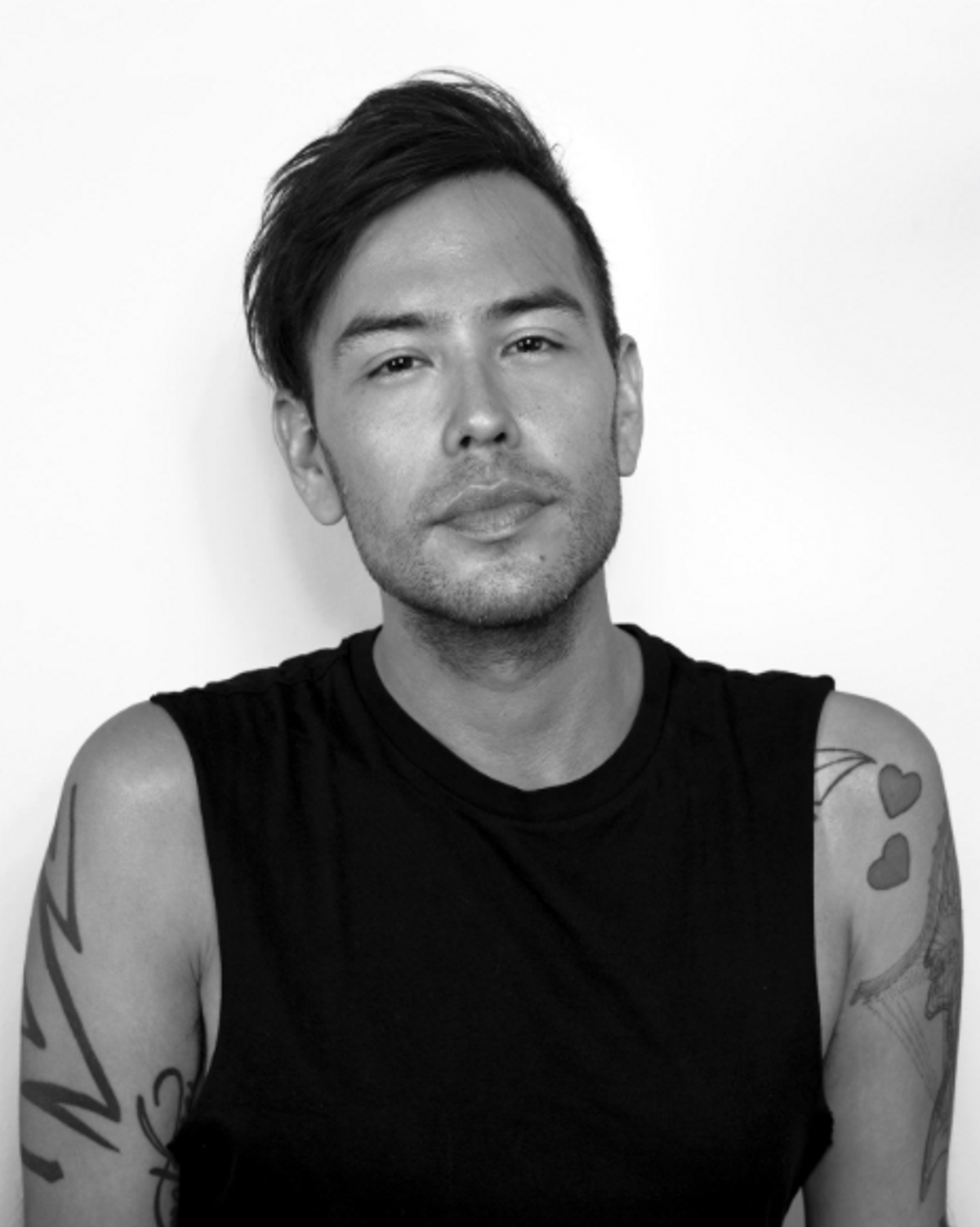



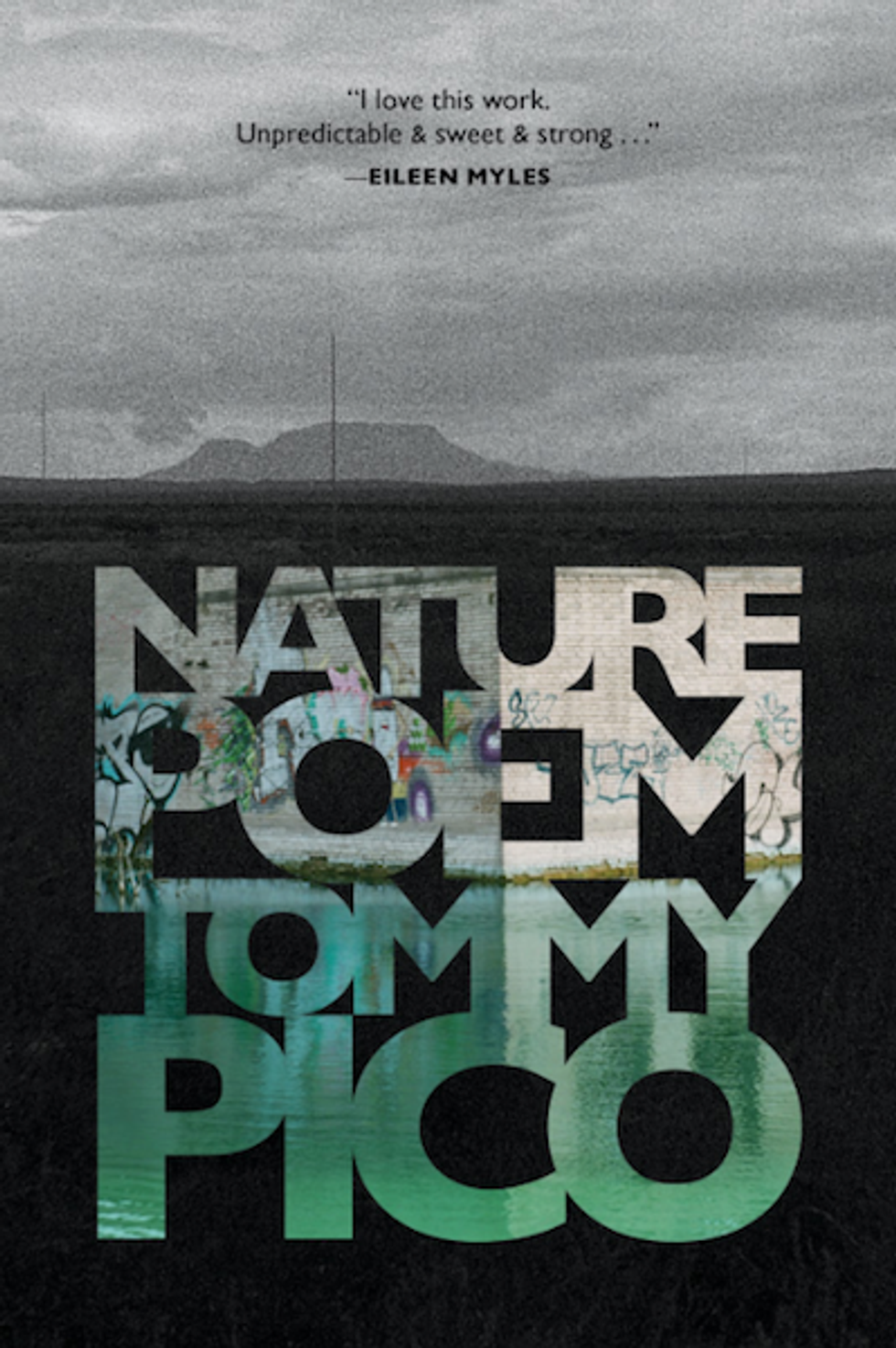















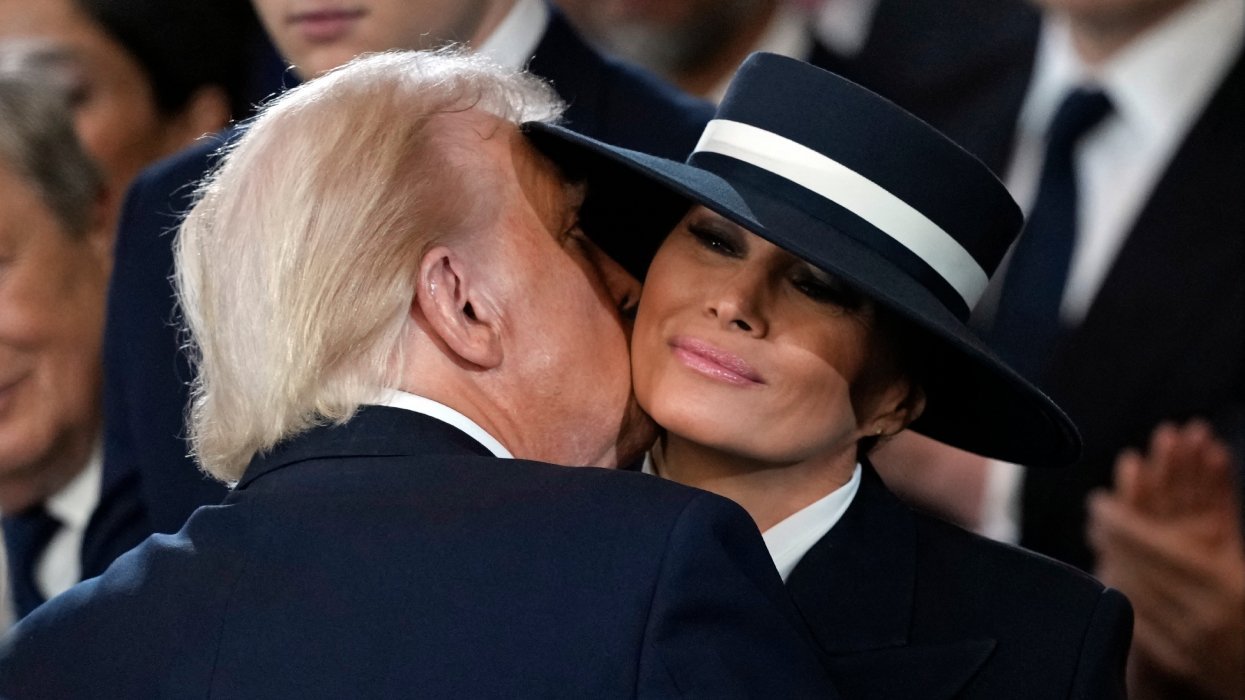


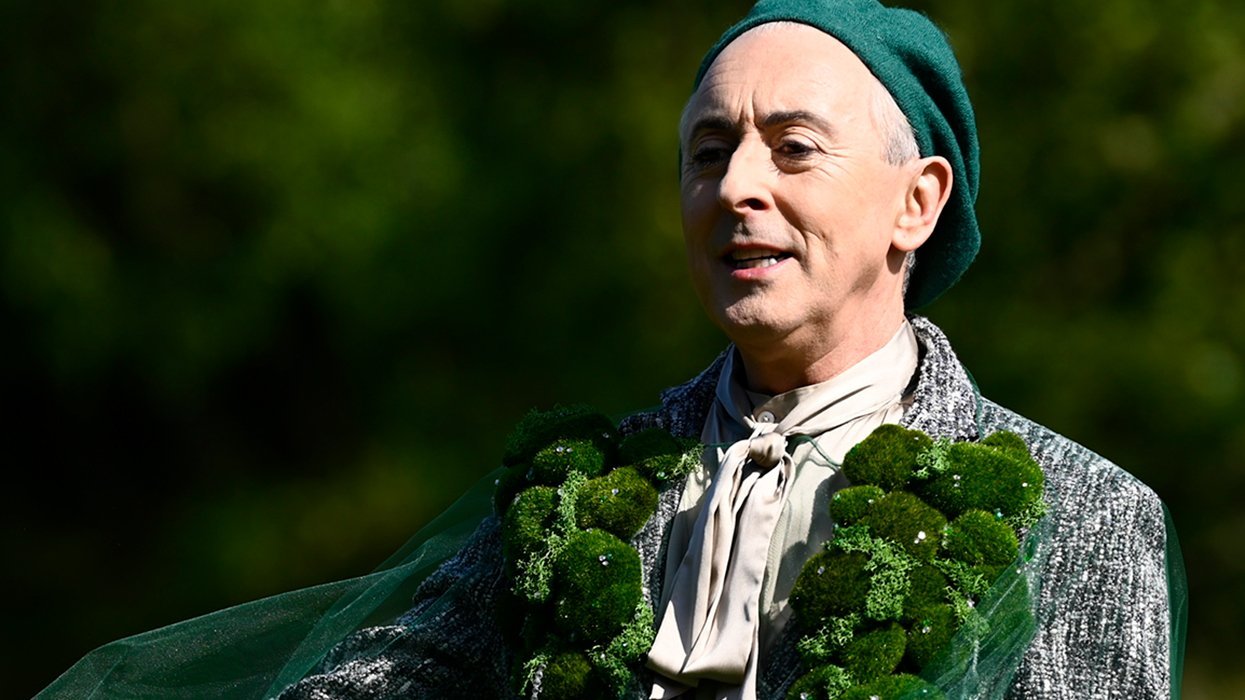
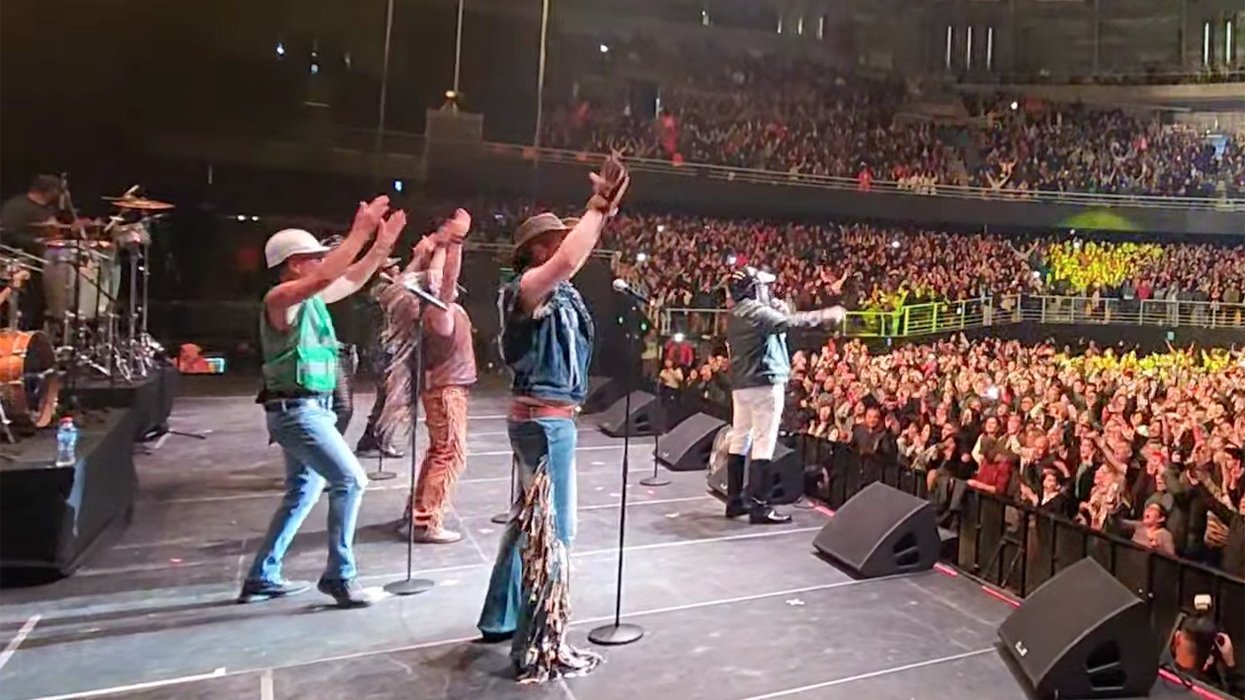
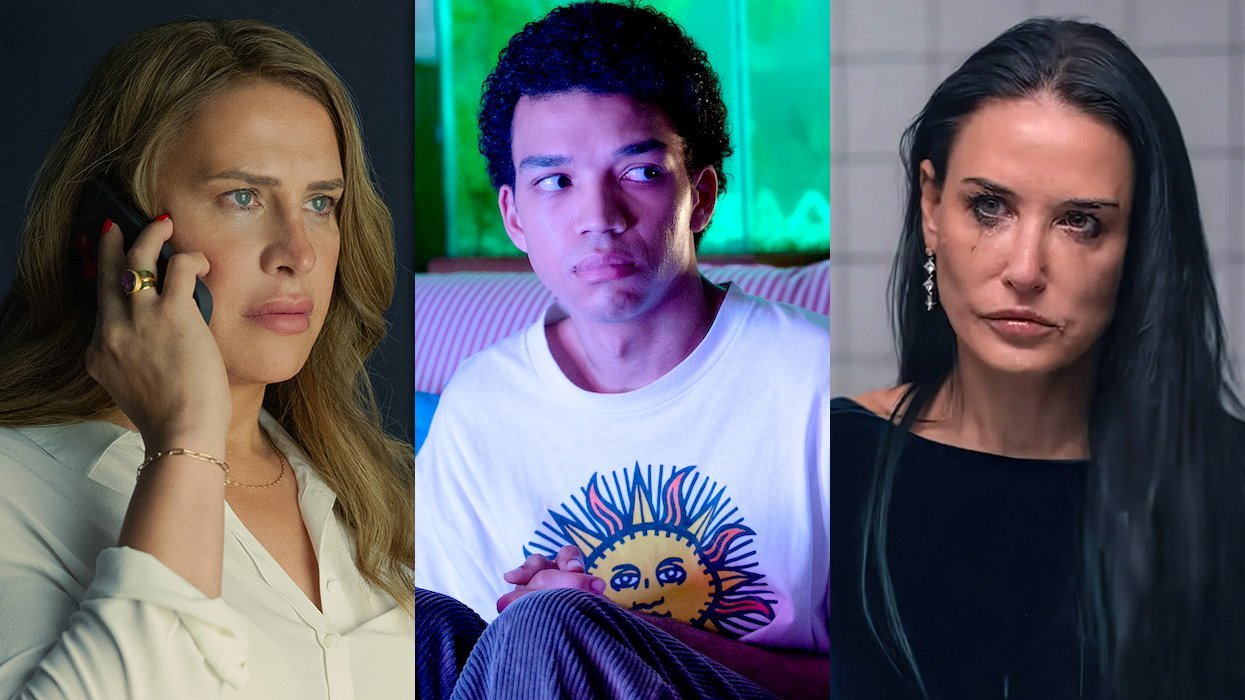
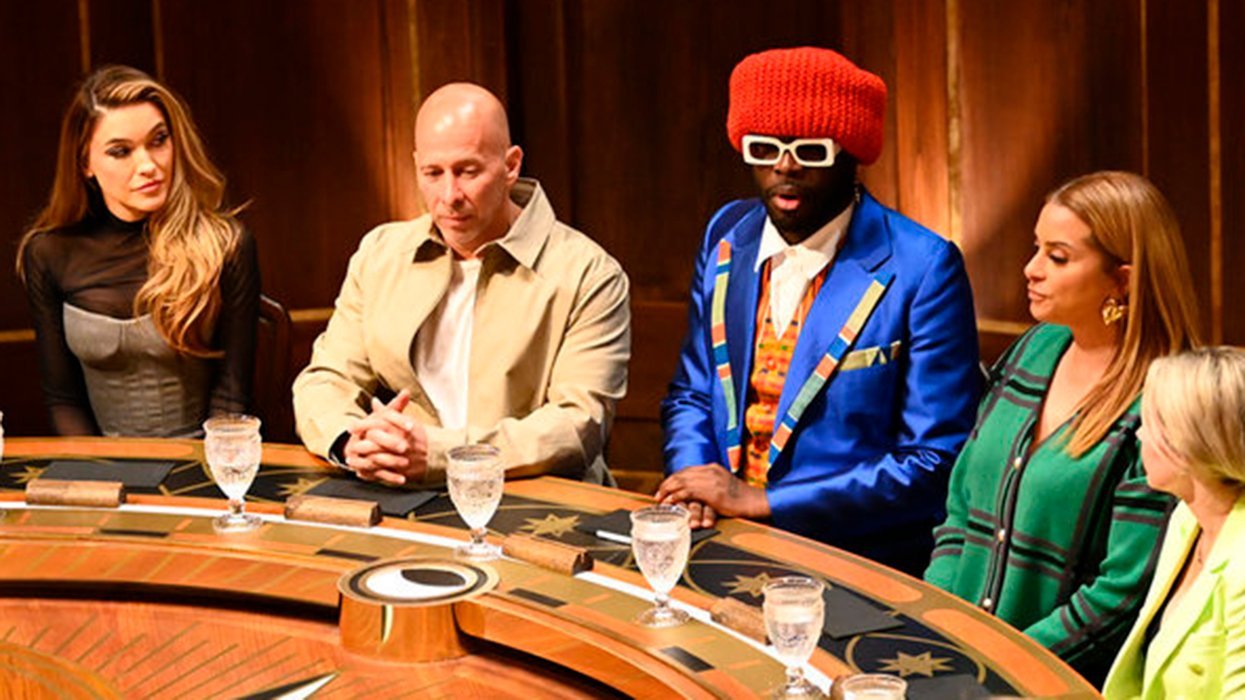
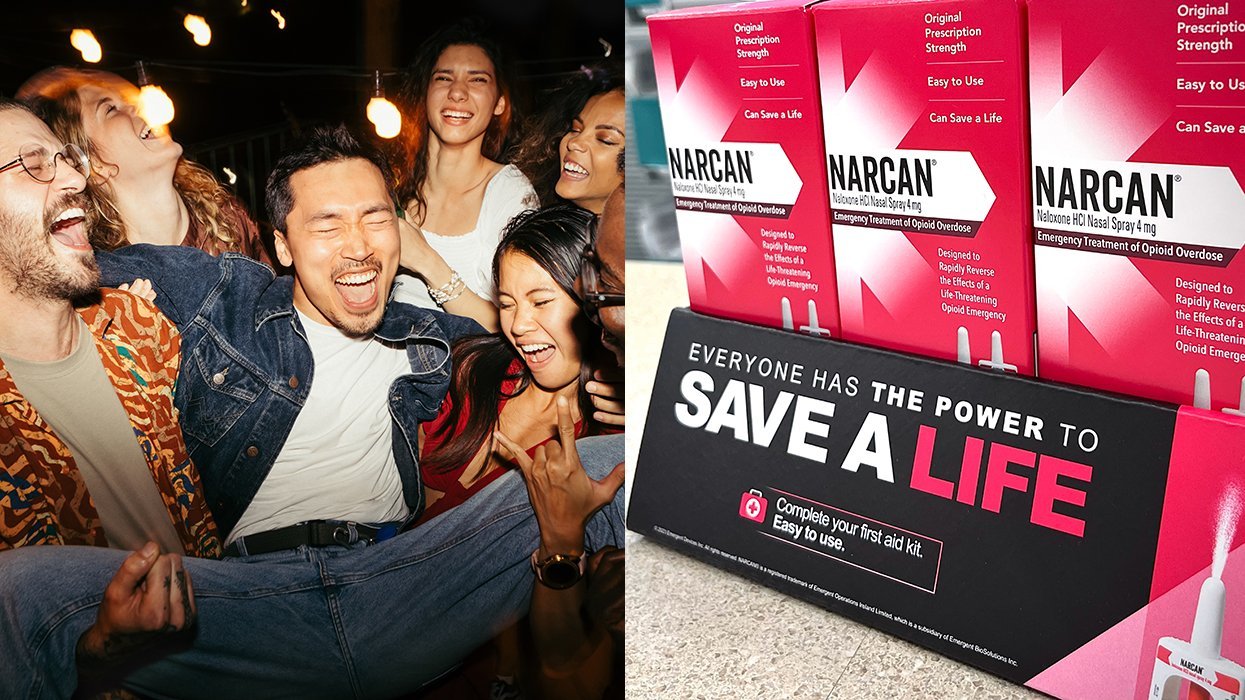
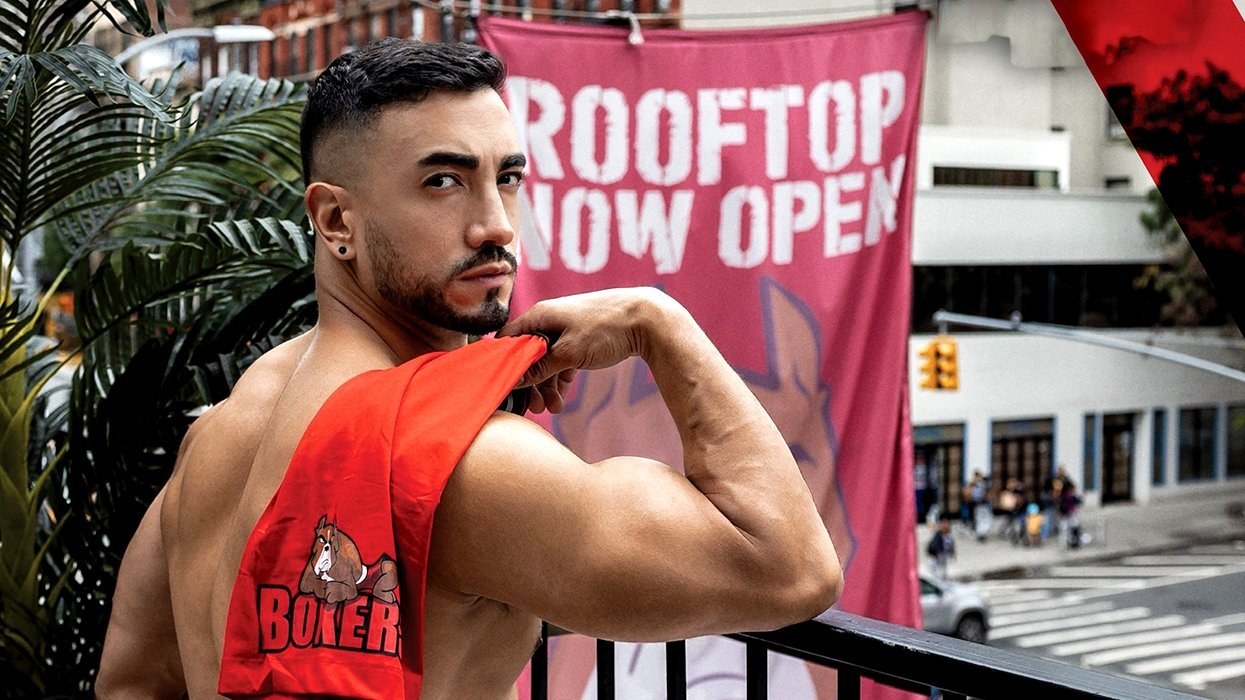
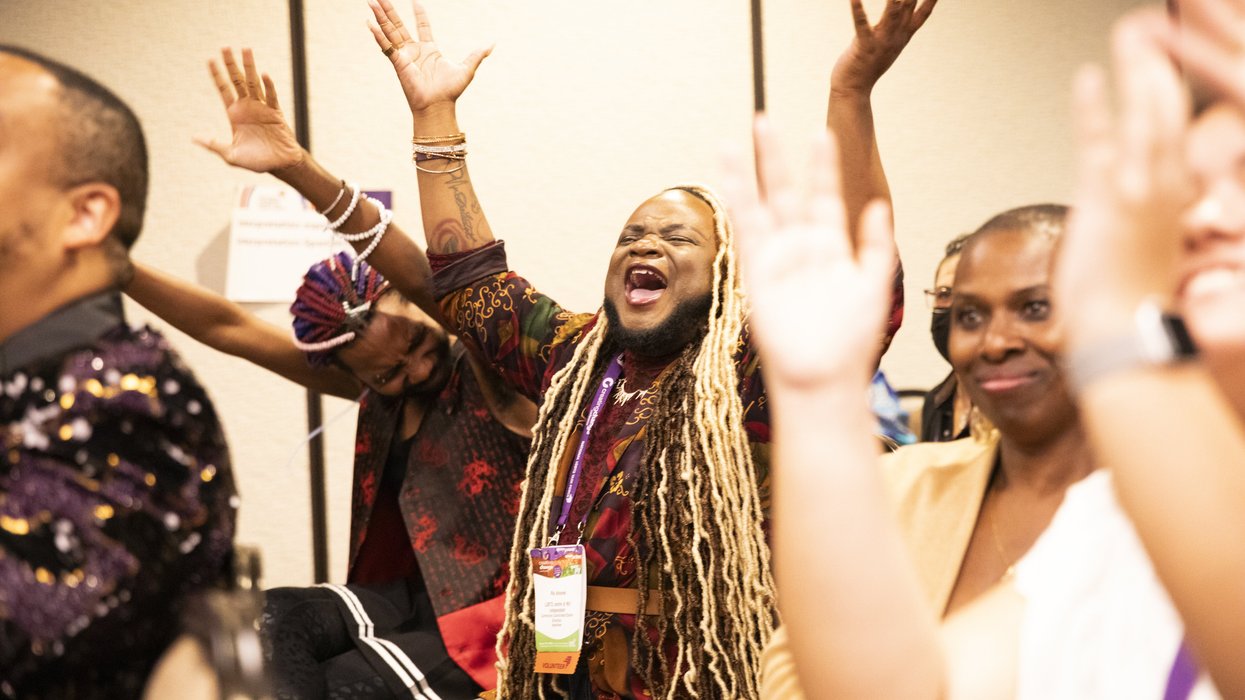
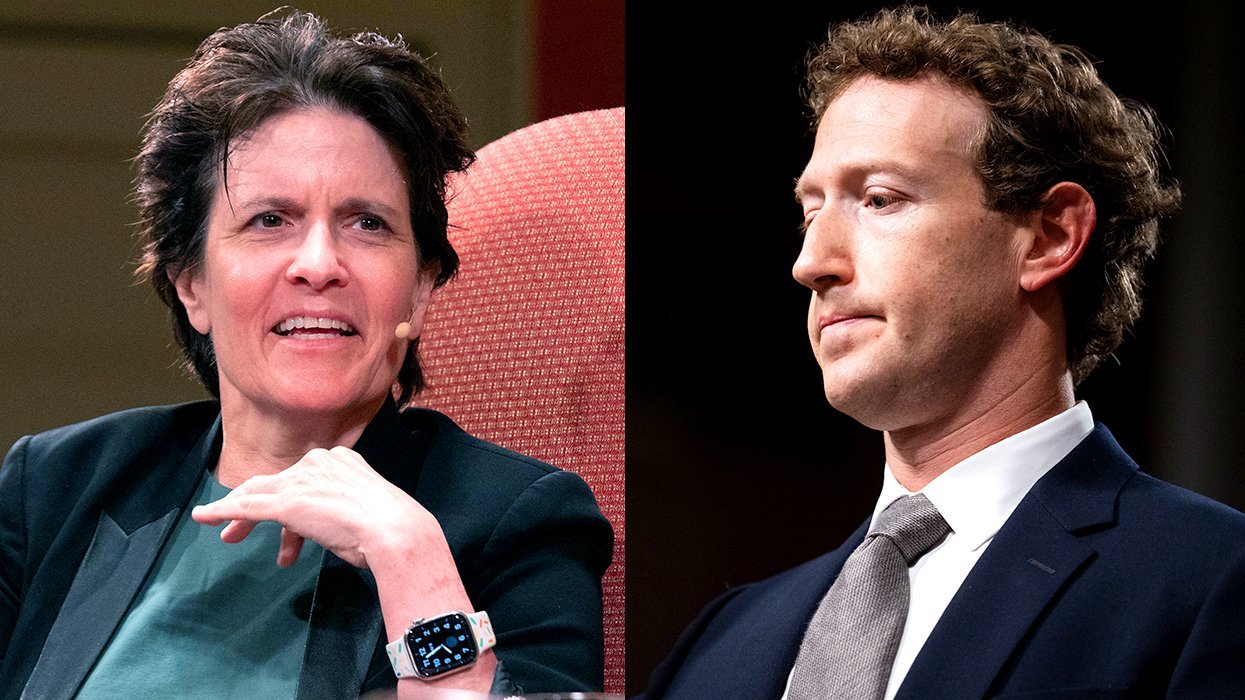
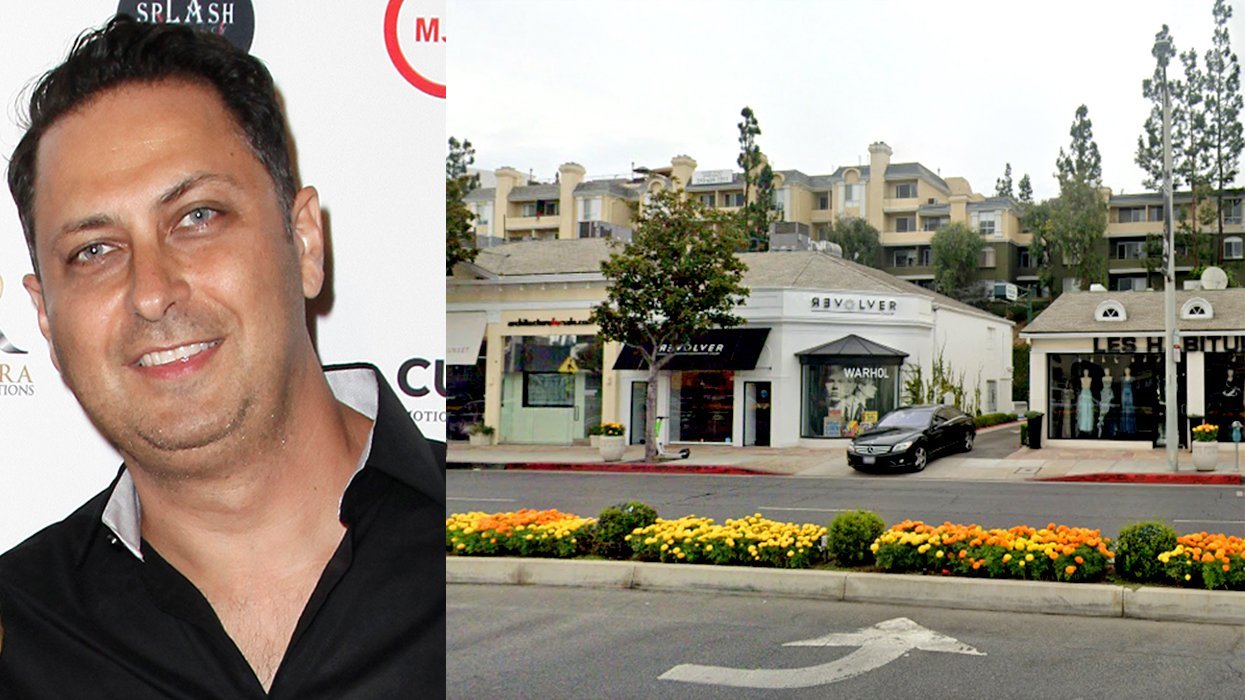
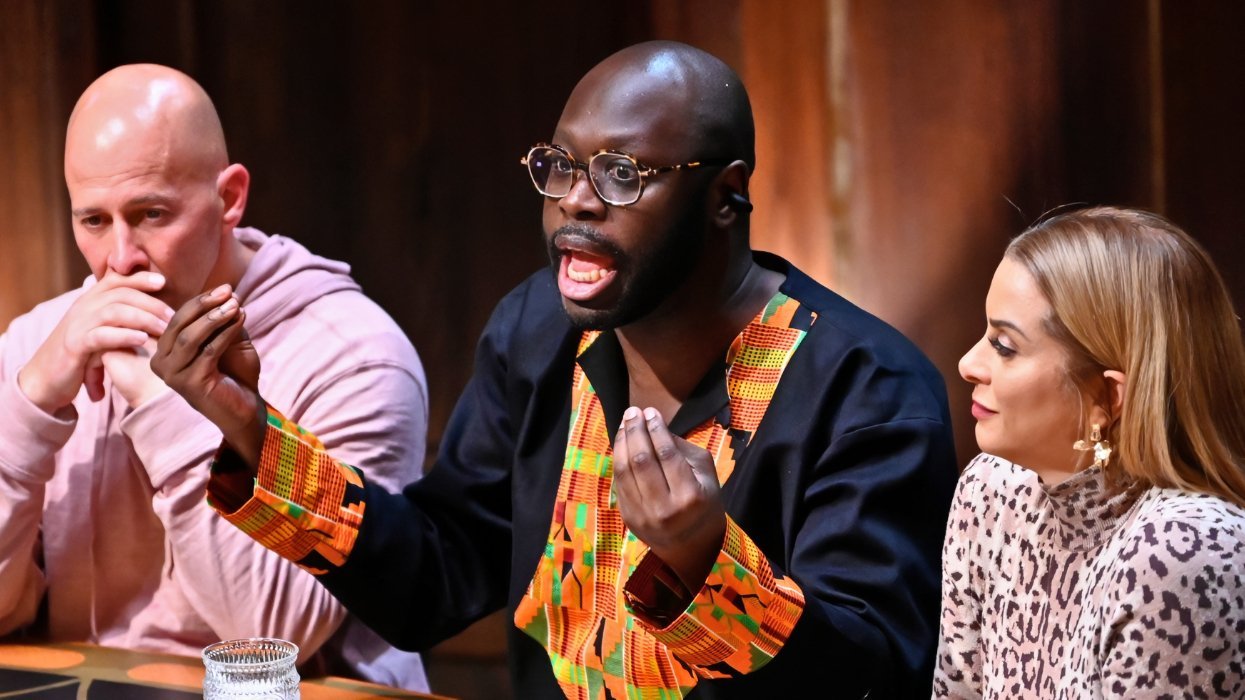
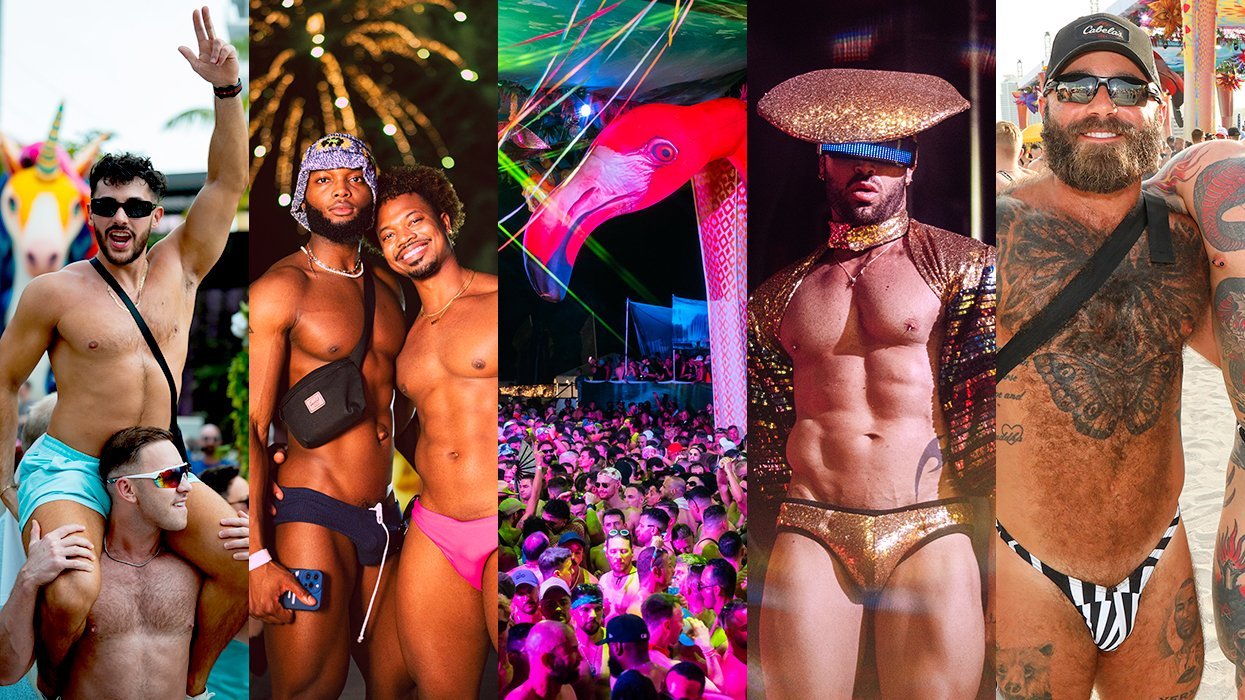

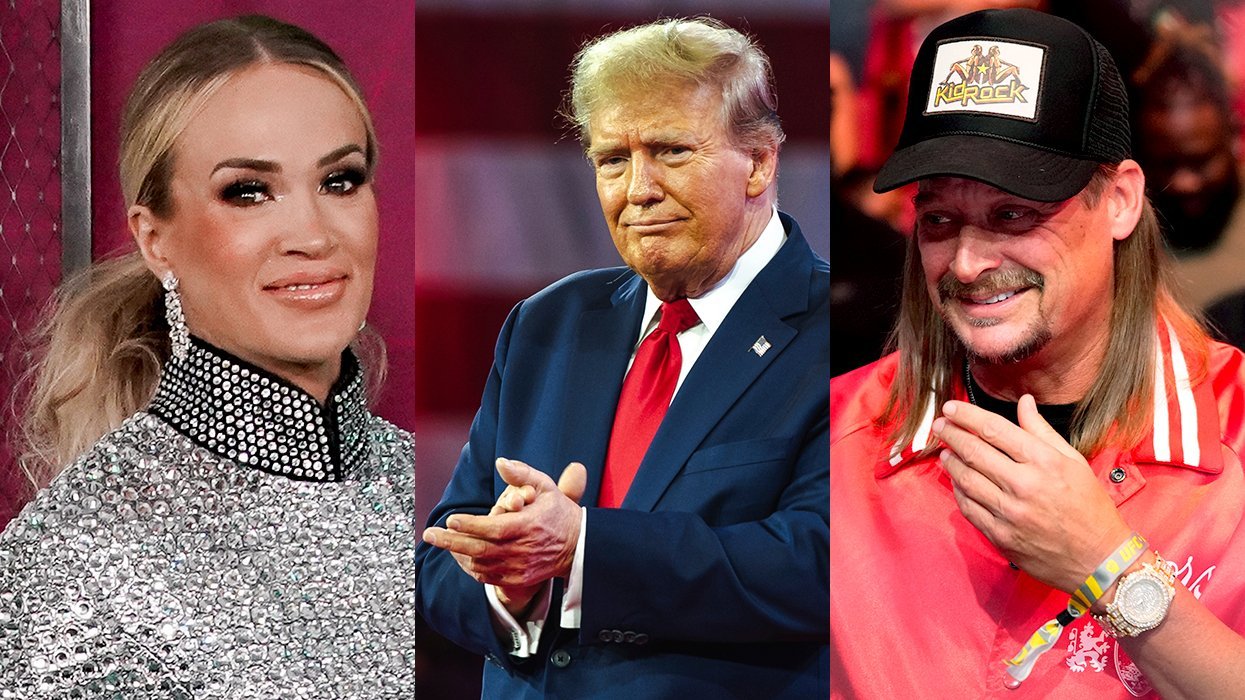
















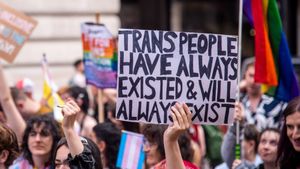

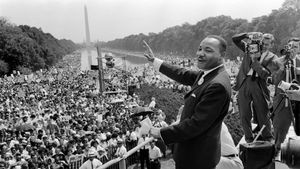




















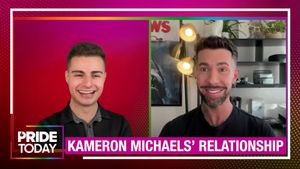









Beware of the Straightors: 'The Traitors' bros vs. the women and gays